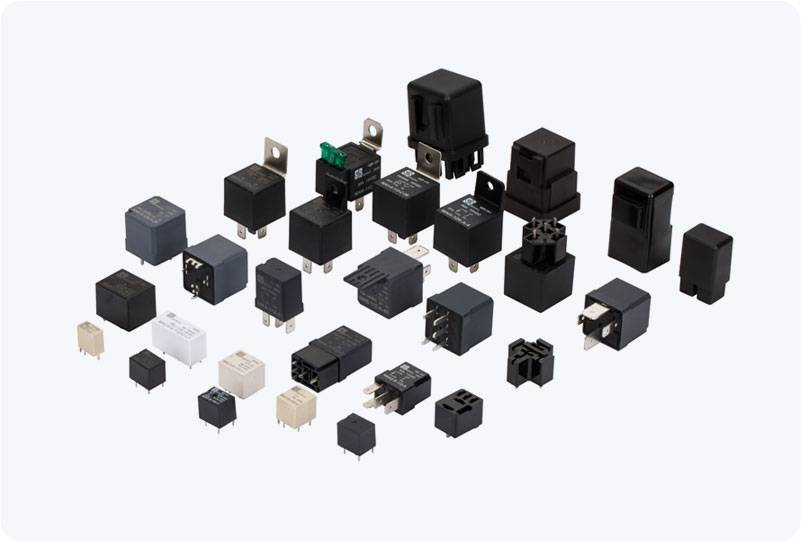understanding iec 61811 ev relay: enhancing safety and efficiency in electric vehicle charging
Release time:2025-09-27 01:38:21
The transition to electric vehicles (EVs) is rapidly accelerating across the globe, marking a significant shift towards sustainable transportation. As the adoption of EVs increases, the demand for reliable, efficient, and safe charging solutions becomes paramount. One of the critical components that facilitate this process is the IEC 61811 EV Relay. This article aims to shed light on the significance of the IEC 61811 standard for EV relays, their functions, safety measures, compatibility, and the essential role they play in the EV charging infrastructure.

What is IEC 61811? IEC 61811 is an international standard set by the International Electrotechnical Commission (IEC) that provides specific requirements for relays used in electric vehicle charging systems. The standard covers various aspects of relay design and functionality, ensuring that these devices meet strict safety and performance criteria essential for effective EV charging operations. The Functionality of IEC 61811 EV Relays At its core, the IEC 61811 EV Relay operates as an electromechanical switch that controls the flow of electric current in charging systems. When an EV is connected to a charging station, the relay plays a crucial role by making or breaking the electrical connection, thereby enabling or disabling the charging process. This functionality is vital for protecting both the vehicle's battery and the charging infrastructure from potential issues such as overloads or short circuits.

